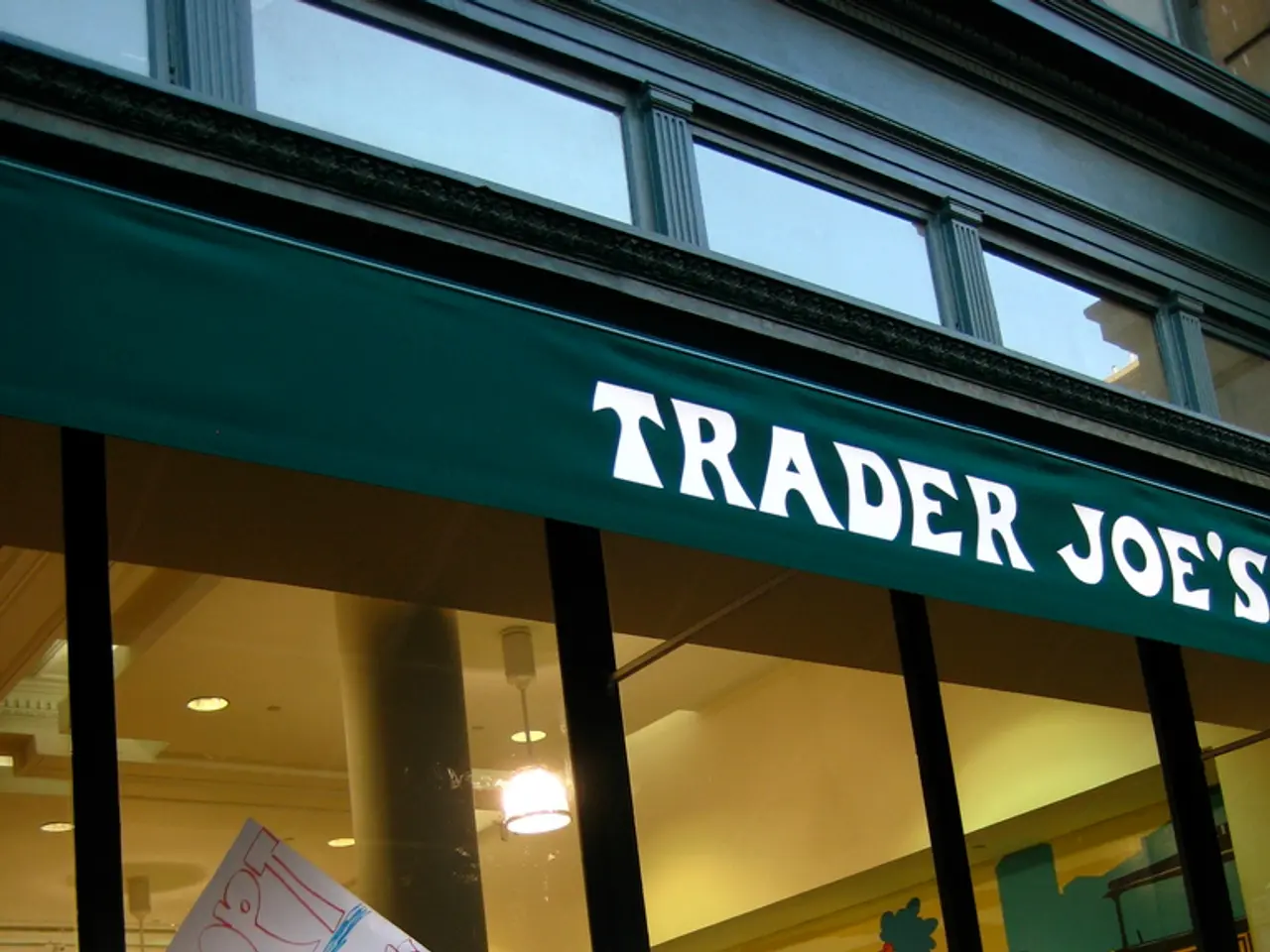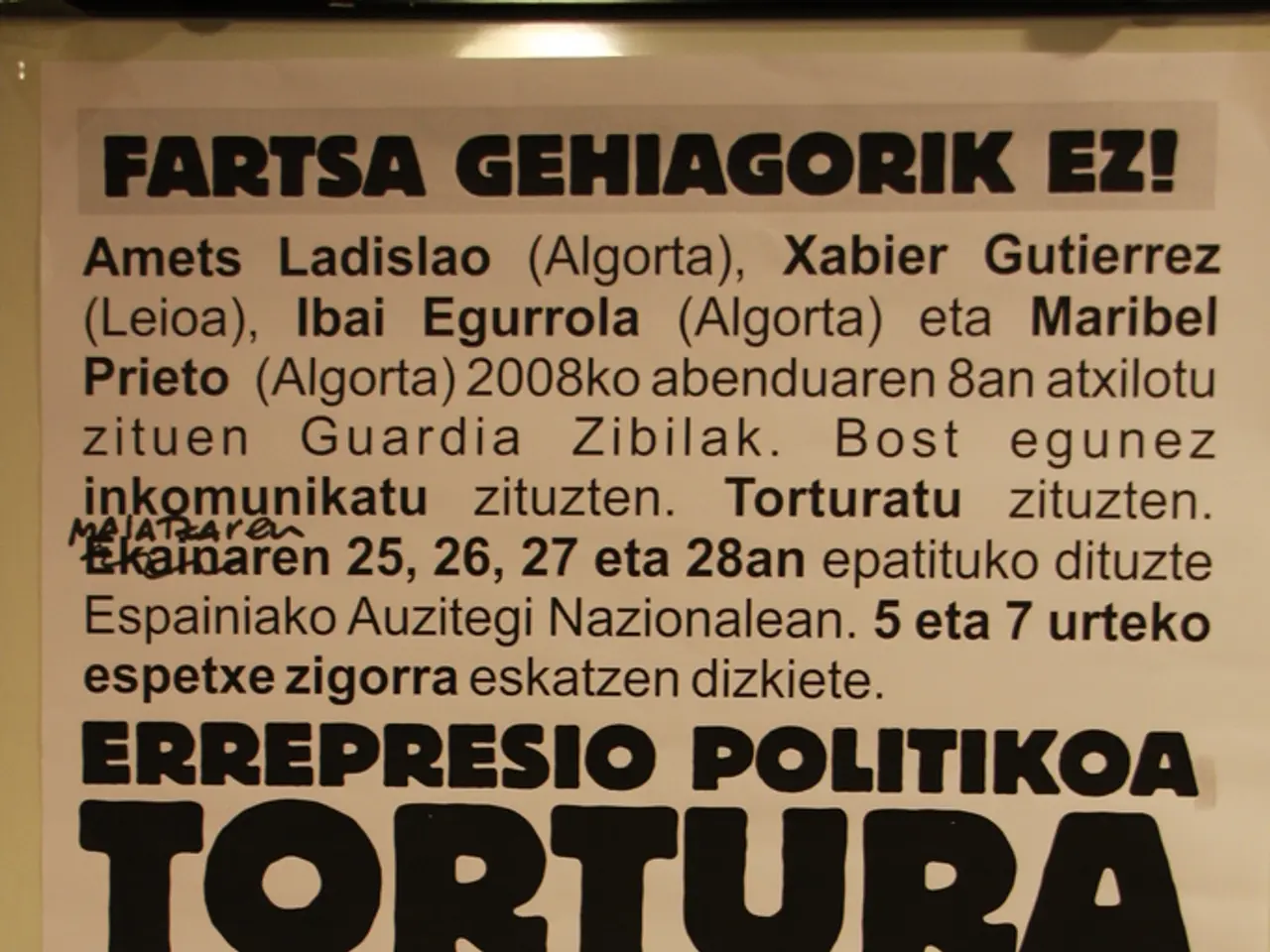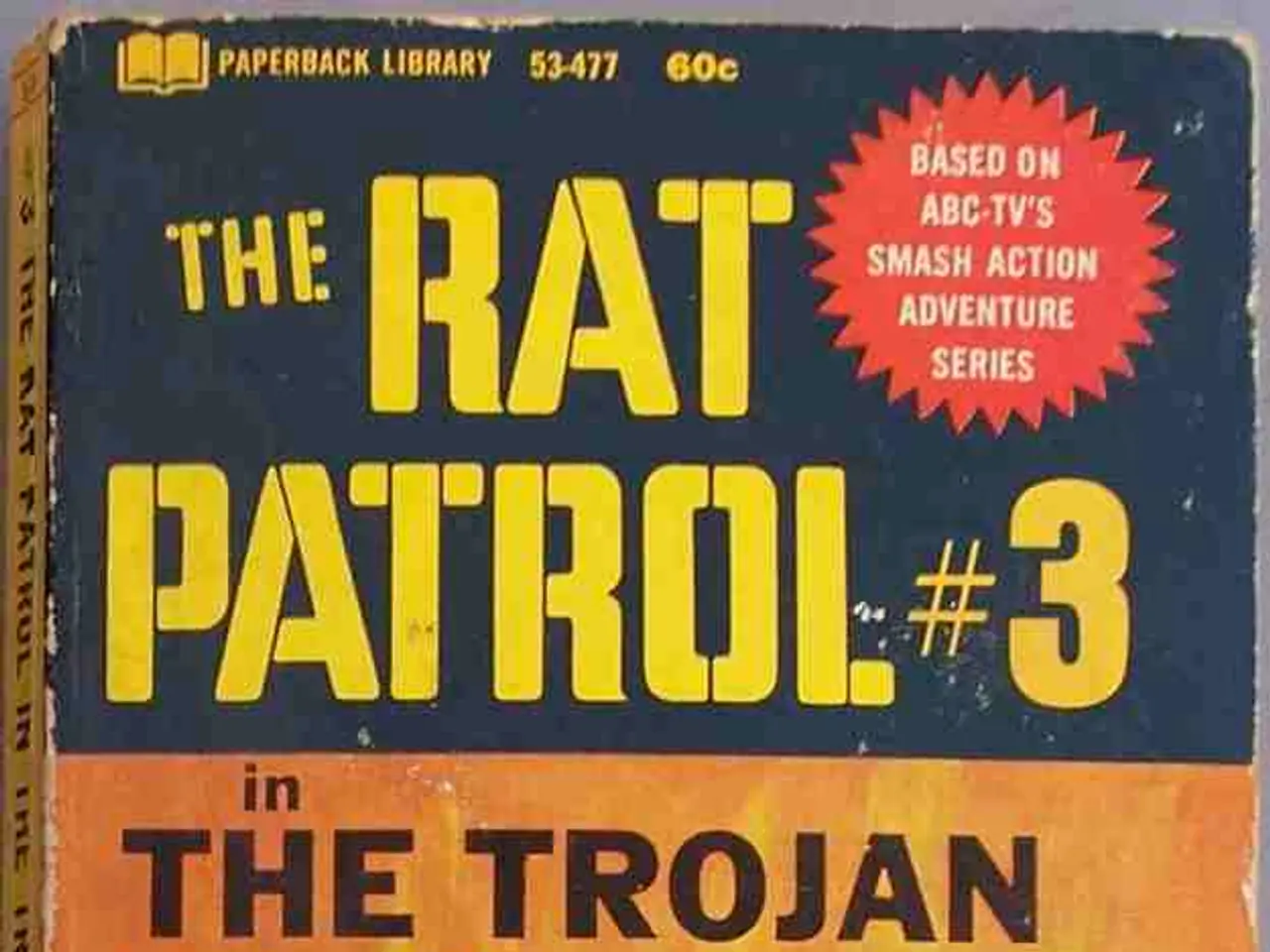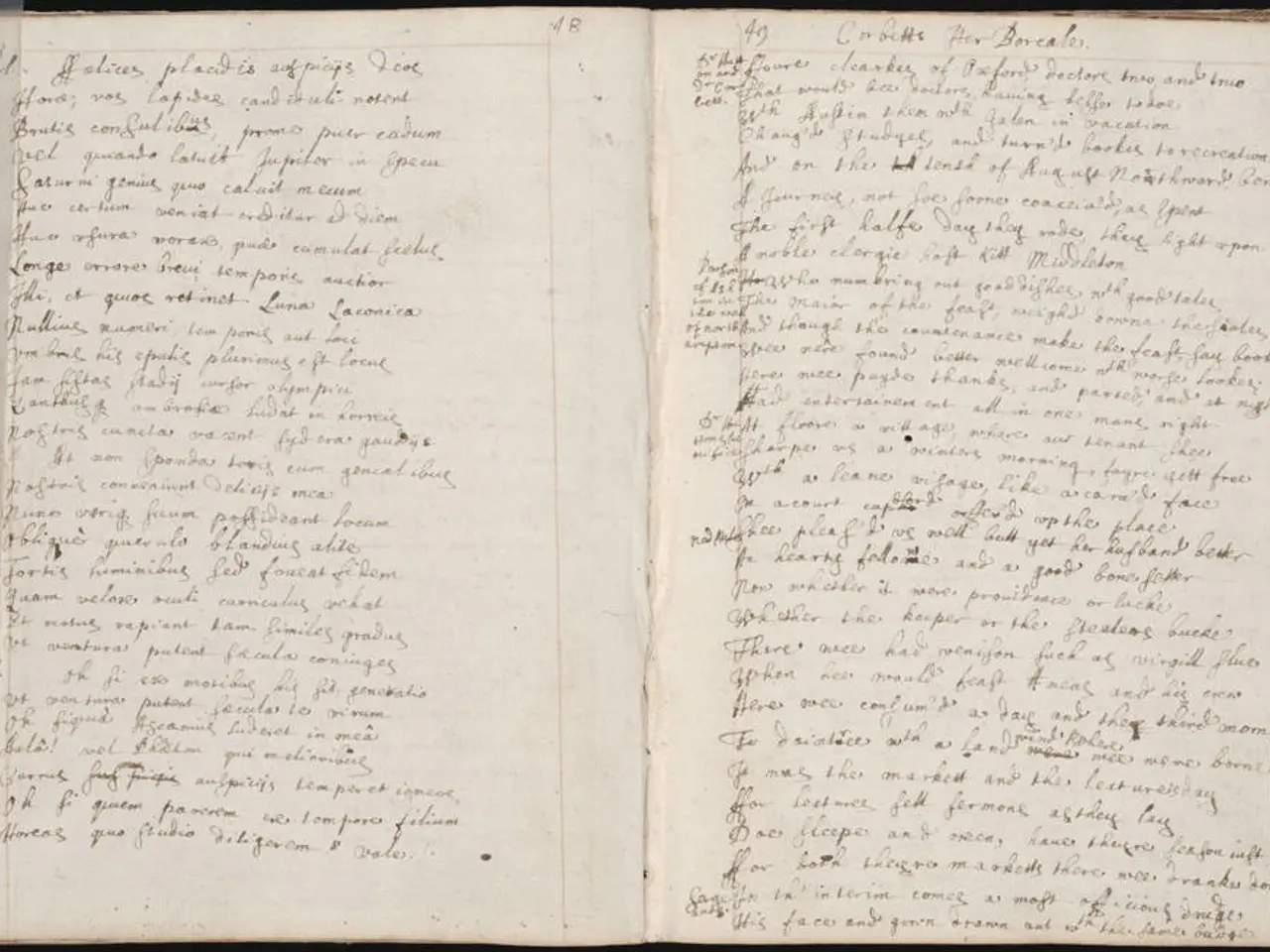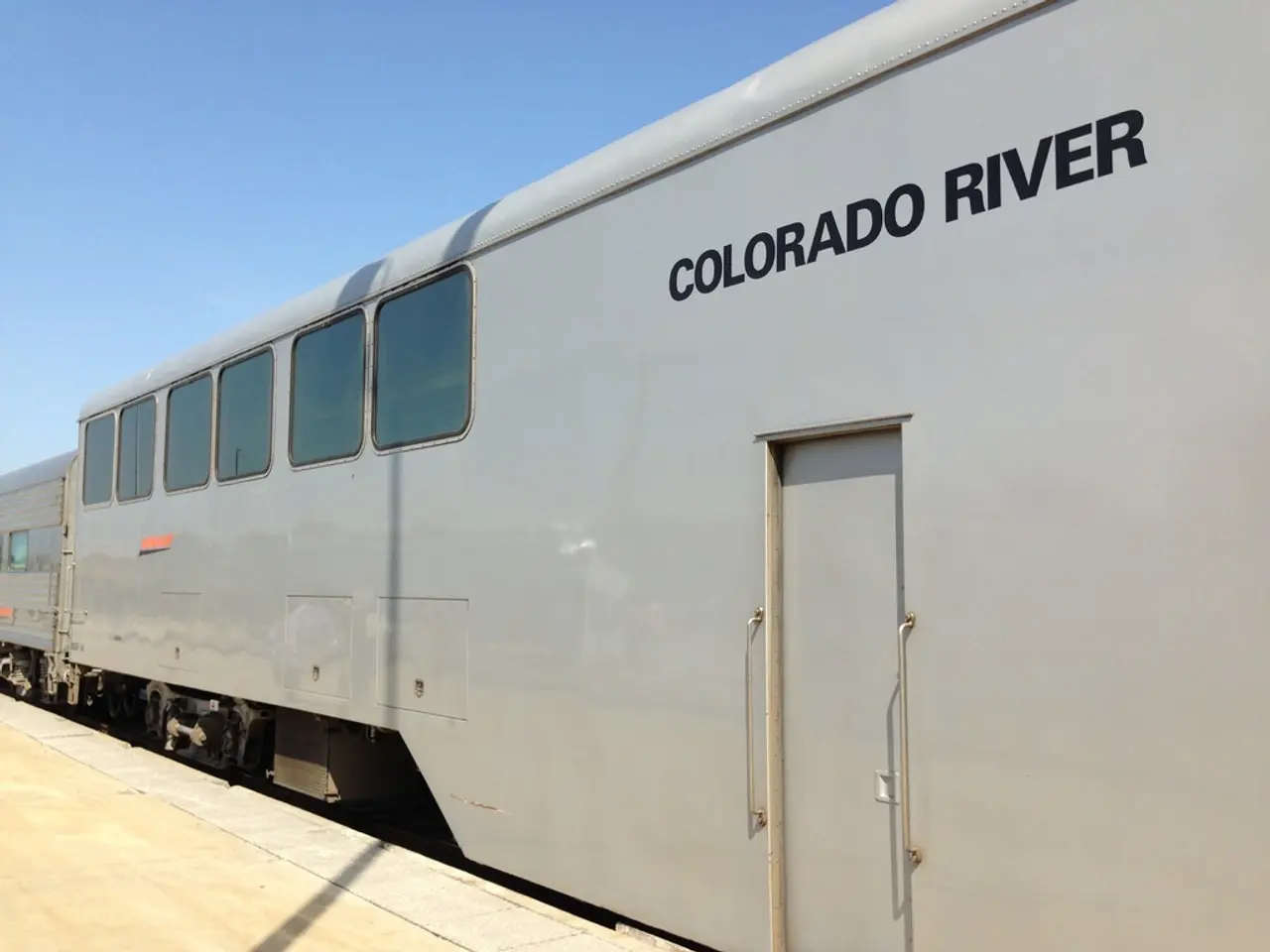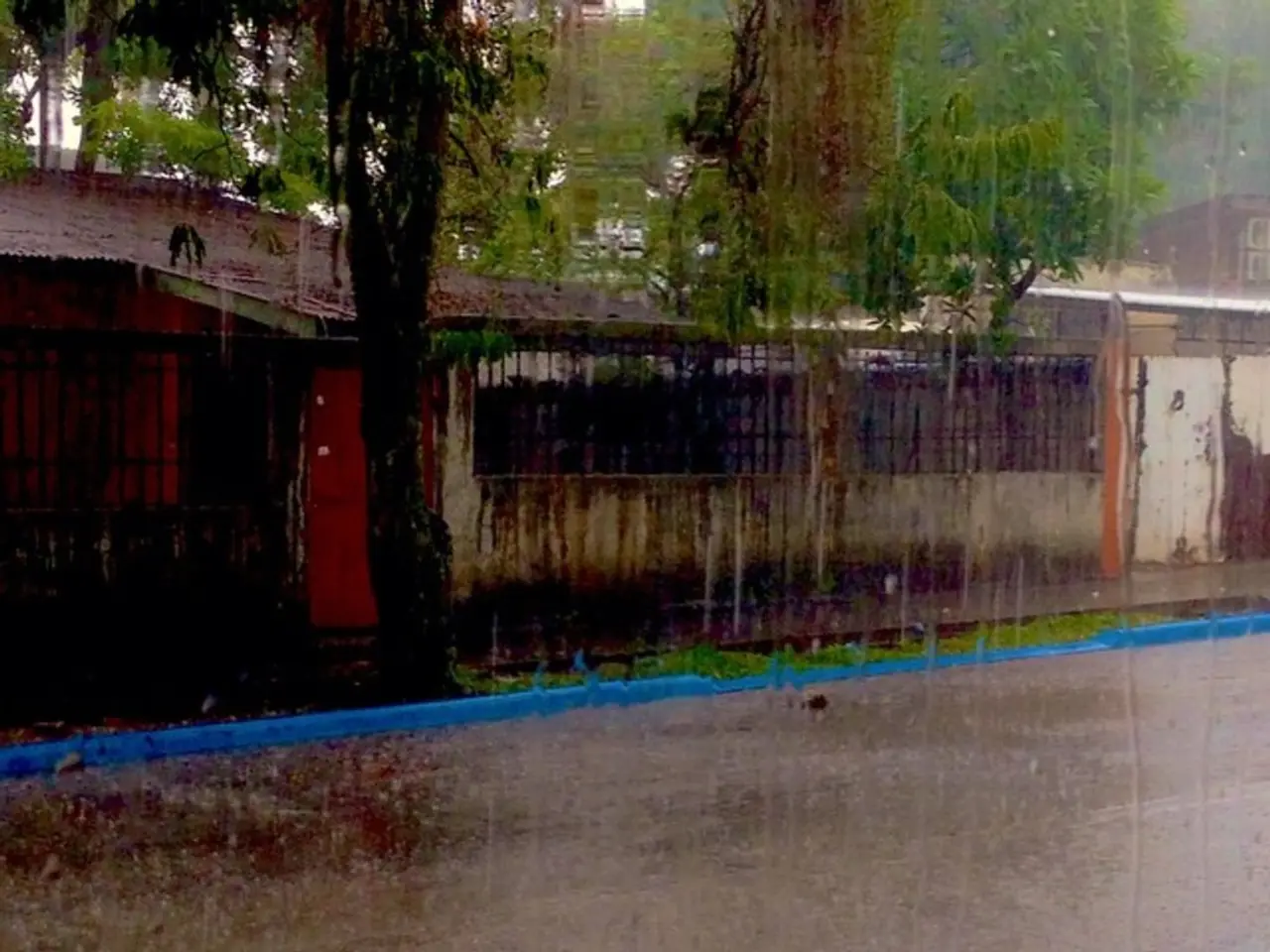Brazilians set fire to Trump likenesses amidst public outcry over tariff increase
In the political landscape of 2025, the United States and Brazil find themselves at odds, with the source of tension primarily centering around U.S. trade policies and political concerns.
The U.S., under the leadership of former President Trump, imposed a 50% tariff on a wide range of Brazilian imports, effective from August 6. This tariff hike, justified by concerns about Brazil's trade practices, environmental policies, and political actions, has caused significant economic and political backlash in Brazil. Alongside the tariffs, the U.S. Trade Representative launched a Section 301 investigation into Brazil’s trade conduct, covering areas such as digital trade, discriminatory tariffs, and ethanol market access.
Brazil, under President Luiz Inácio Lula da Silva, has denied these U.S. allegations and condemned the tariffs as interference in Brazil's sovereignty. In response, Lula has expressed commitment to negotiating with the U.S. to avoid further escalation, but has also taken steps to prepare for retaliatory trade measures under Brazil’s Economic Reciprocity Act.
Meanwhile, the trial of former president Jair Bolsonaro is unfolding in Brazil. Supreme Court Justice Alexandre de Moraes, who is presiding over the coup trial of Bolsonaro, has taken aim at the Brazilian far-right and its figurehead, as well as tech titan Elon Musk, over online disinformation. Moraes recently ordered Bolsonaro to wear an electronic ankle bracelet pending the conclusion of his trial, and barred him from leaving his home at night or using social media pending an investigation into potential obstruction of justice.
The protests against these actions, as well as Trump's politically motivated trade tariffs, have sparked nationwide demonstrations in Brazil. The protests were held in Brasilia, Sao Paulo, and Rio de Janeiro, with Brazilians setting fire to effigies of Donald Trump in several cities.
It is important to note that, based on the available information, the tariff dispute does not appear to be a direct element of Bolsonaro’s legal issues. The current tensions described are primarily related to trade policies and political concerns involving the Lula administration and the Trump administration’s trade policy decisions rather than Bolsonaro’s trial.
In a statement, Moraes pledged that the court would remain "absolutely uncompromising in defending national sovereignty and its commitment to democracy." However, Secretary of State Marco Rubio has accused Moraes of "serious human rights abuses, including arbitrary detention involving flagrant denials of fair trial guarantees and infringing on the freedom of expression."
This ongoing tension between the U.S. and Brazil promises to be a significant factor in the global political arena for the foreseeable future.
References:
- BBC News
- The Guardian
- Reuters
- The New York Times
- Amid the ongoing political disputes between the United States and Brazil, the entertainment industry has expressed concerns over the potential impact of the trade tariffs on their businesses.
- In parallel to the political tensions, general news outlets have been reporting extensively on the trial of former president Jair Bolsonaro in Brazil, shedding light on crime and justice within the country.
- As the trade dispute between the U.S. and Brazil escalates, financial news sources have warned of potential economic repercussions, including increased prices for consumers and reduced sales for businesses in both nations.
- Sports enthusiasts may find themselves anticipating the diplomatic interactions between the nations, as they unfold, potentially impacting the travel of athletes and spectators for international competitions.
- War and conflicts sections of news outlets remain attentive to the developing diplomatic climate, keeping an eye on any potential military escalations fueled by the ongoing political disputes, as policy and legislation discussions continue.
